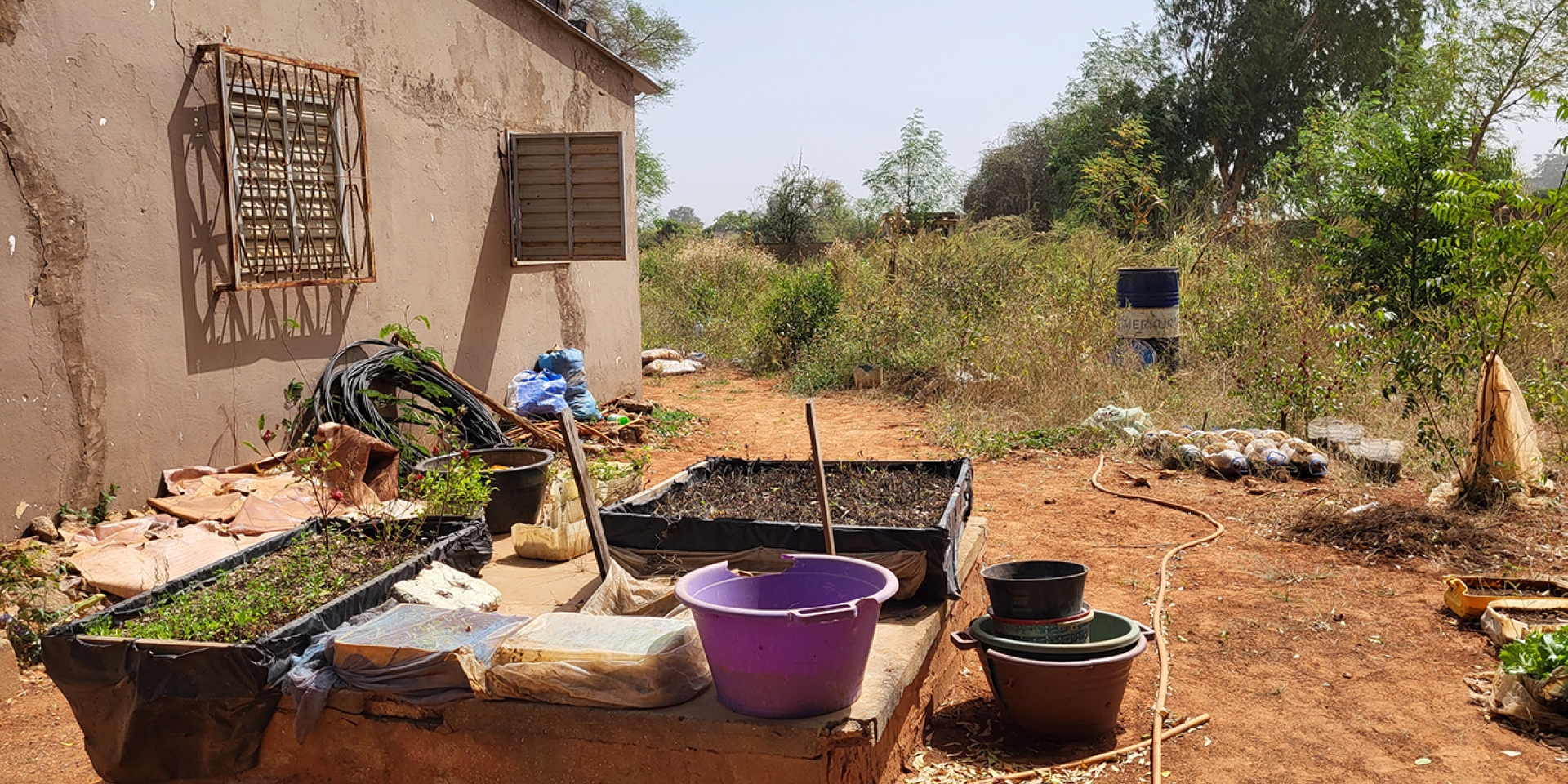
Innovative, sustainable, gender-sensitive and climate-resilient community initiatives in the field of nutrition and health in the areas of Popenguine, Mbour, Joal and the areas of the partner projects: Kaolack, Kolda, Fatick, Kaffrine, Ziguinchor.
Directly involved: 3.766 people (3.303 women and 337 men) - women's groups with planting tables, female producers network, pupils, Grenier de l'enfant members, households working on waste separation and recycling. Indirectly involved: ca. 42.000 people in 3 municipalities in the district of Mbour.
According to the 2019 Continuous Health and Demographic Survey (EDS), 18% of children in Senegal suffer from chronic malnutrition, 8% from acute malnutrition and 14% from underweight. In the project area - Joal and Popenguine - these rates are roughly the same, with a few exceptions. The effects of climate change are also a noticeable threat in the region, as illustrated by: Decrease in precipitation, more intense and shorter rainfall and temperature increase. The negative effects include: advancing sea, coastal erosion, desertification, decline of mangrove forests, loss of arable and pasture land, reduction in the availability of water for irrigation, beverages and other productive activities. In the area, access to land and security of land tenure, access to financing mechanisms, access to production inputs and consultancy, and the impact of climate change are the biggest challenges for women's empowerment.
ENDA Santé is an organisation with offices in Dakar, Mbour, Kolda and Ziguinchor, carrying out advocacy and lobbying at national and regional level. They work on topics such as traditional medicinal plants, healthy nutrition and HIV/AIDS. The organisation was founded in Dakar in 1972 and now has over 30 employees in Senegal (almost half of whom are women).